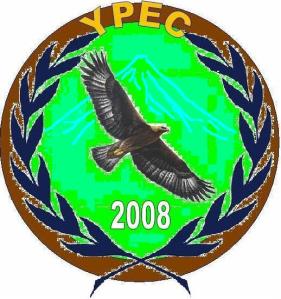G.R. No. 182835 April 20, 2010
Abad, J. Second Division
Facts:
Herein
petitioner Rustan Ang (hereafter Rustan) allegedly sent through the Short
Messaging Service (SMS) using his mobile phone, a pornographic picture to respondent
Irish Sagud (hereafter Irish), who was his former girlfriend, whereby the face
of the latter was attached to a completely naked body of another woman making
it to appear that it was said Irish who is depicted in the said picture.
After she got
the obscene picture, Irish got other text messages from Rustan. The latter
threatened to spread the picture he sent through the internet. One of the
messages he sent to Irish, written in text messaging shorthand, read: "Madali lang ikalat yun, my chatrum ang
tarlac rayt pwede ring send sa lahat ng chatter."
Irish sought the
help of the police. Under police supervision, Irish contacted Rustan through
the cellphone numbers he used in sending the picture and his text messages.
Irish asked Rustan to meet her, and he did. He came in a motorcycle. After
parking it, he walked towards Irish but the waiting police officers intercepted
and arrested him. They searched him and seized his Sony Ericsson P900 cellphone
and several SIM cards.
The public
prosecutor charged Rustan before the Regional Trial Court ( hereafter RTC) of
Baler, Aurora, of violation of the Anti-Violence Against Women and Their
Children Act or Republic Act No. 9262.
The RTC issued a
Decision in favor of Irish, which was later affirmed by the Court of Appeals
(hereafter CA).
Issues:
Whether or not
the RTC properly admitted in evidence the obscene picture presented in the
case.
Ruling:
The Supreme Court
(hereafter Court) denied the petition and affirmed the decision of the CA.
Rustan claimed
that the obscene picture sent to Irish through a text message constitutes an
electronic document. Thus, it should be authenticated by means of an electronic
signature, as provided under Section 1, Rule 5 of the Rules on Electronic
Evidence (A.M. 01-7-01-SC).
But, firstly,
Rustan raised this objection to the admissibility of the obscene picture for
the first time before the Court. The objection was too late since he should
have objected to the admission of the picture on such ground at the time it was
offered in evidence. He was deemed to have already waived such ground for
objection.
Besides, the
rules he cited do not apply to the present criminal action. The Rules on
Electronic Evidence applies only to civil actions, quasi-judicial proceedings,
and administrative proceedings.
In conclusion, this Court finds that the prosecution
has proved each and every element of the crime charged beyond reasonable doubt.













No comments:
Post a Comment